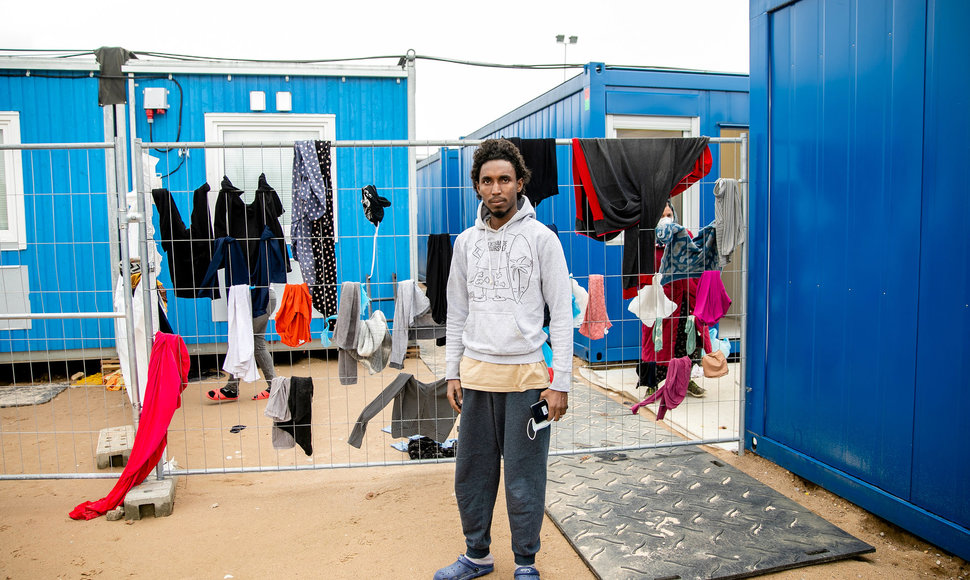Based on a Eurobarometer survey performed in Autumn 2019, according to the residents of Lithuania and the other Baltic States, immigration is one of the biggest problems the European Union faces. This perspective had the support of 41% of respondents in Lithuania, 46% in Latvia, and 52% in Estonia.
Immigration was cited as one of the EU’s most important problems by Lithuanians aged 40-54 (48.1%) and least often by those aged 55 and older (35%). 14.3% of respondents aged 15-24, 2.7% of respondents aged 25-39, 5.3% of respondents aged 40-54 and 4.9% of those 55 and older mentioned immigration as the country’s most important problem.
The Latvian organisation Make Room offers assistance to migrants who have fewer opportunities, effectively including them into society, helping them find jobs or volunteer opportunities. During the conference Social Enterprise Day 2021, Miks Celmins, the head of Make Room, will share expert insights on how to include migrants into society suitably.
Mr Celmins points out that national societies are based on public, private, and civil pillars. Therefore, to create an inclusive environment for all, each pillar of society must contribute and participate.
“There are numerous effective means of creating effective inclusion models, which encourage migrant inclusion. However, based on my experience, the best are ones that are created alongside the migrants. Every model will be effective if it is created alongside migrants and is tailored precisely to them. We often see that models and initiatives are created for migrants without their input, and such models typically do not work. Migrants should always be at the negotiating table when migrant inclusion structures are being created,” M. Celmins emphasises.
According to the European Migration Network, immigrants accounted for 1.76% of the population in Lithuania in 2018. The world average is 3.4%, while foreign arrivals make up 7.2% to 11.6% of the population in developed countries.
Social entrepreneurs, policymakers, and experts will discuss what benefits from including migrants into our society more smoothly. In addition, what benefits such practices bring to a country will discuss on November 18 at the free virtual conference Social Enterprise Day 2021.
The conference topics are presented by social leaders working with vulnerable persons in various communities. This time, the focus is on the following groups: LGBTQ+, youths, women, the elderly, refugees, and asylum seekers. In addition, the event will include social enterprise creators and experts from Lithuania, Latvia, Estonia, the Nordic countries, Bulgaria, and Poland.
VšĮ Geri Norai organises the conference. The project is a part of the Active Citizens’ Fund, which is financed by EEA Grants.
You can find the Social Enterprise Day 2021 programme and register here: (https://gerinorai.lt/socialinio-verslo-diena-2021/). The conference is free of charge.












